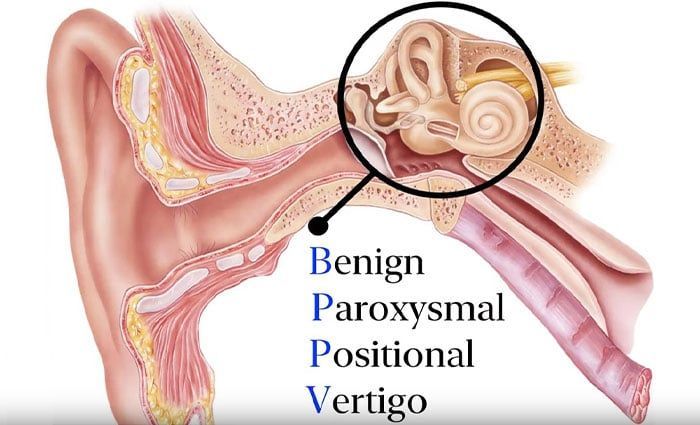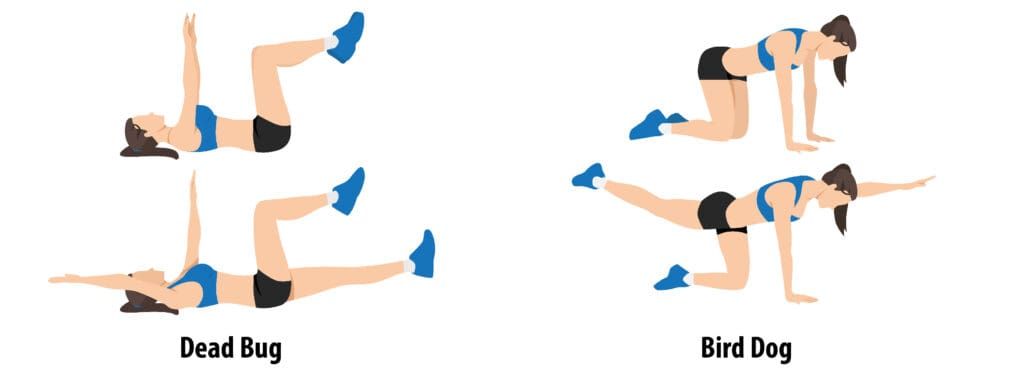Understanding the Mind-Body Connection: Chiropractic Care and Mental Health

When people think of chiropractic care, they often associate it with relieving back pain, easing joint tension, or improving posture. And while those benefits are real and well-documented, there’s another layer to the story—one that’s often overlooked: chiropractic care can positively influence mental health.
The relationship between the body and the mind is more than just a wellness buzzword. It’s a scientifically supported connection that explains how physical health and mental well-being are deeply intertwined. And since the nervous system is the command center for both, it makes sense that optimizing its function can support not just how your body feels, but also how your mind copes, reacts, and heals.
Let’s dive into how chiropractic care supports mental health—and why it might be a game-changer for your mood, stress levels, and sleep patterns.
How Chiropractic Care Supports Mental Health
Chiropractic care isn’t just about cracking backs or “fixing” posture—it’s about restoring alignment and balance to the body. This, in turn, reduces strain on the nervous system, which is responsible for regulating stress responses, emotional health, and sleep cycles.
Here are just a few ways chiropractic care can promote better mental health:
1. Reducing Stress and Anxiety
Let’s be honest—modern life is stressful. From work emails to traffic jams to managing daily responsibilities, stress can take a toll on your body and your brain. When the spine is misaligned, it can cause tension in the musculoskeletal system and disrupt the autonomic nervous system, which governs your stress response.
Chiropractic adjustments help by:
- Easing physical tension in the muscles and joints.
- Supporting healthy cortisol levels by calming the nervous system.
- Encouraging the parasympathetic “rest and digest” response, which counters the effects of chronic stress.
Many patients report feeling lighter, calmer, and more at ease after an adjustment—often describing the experience as mentally clarifying or emotionally refreshing.
2. Improving Sleep Quality
If you've ever struggled with poor sleep, you know how quickly it can impact your mood, memory, focus, and overall sense of well-being. Poor sleep is linked to anxiety, depression, irritability, and even chronic illness.
Chiropractic care supports better sleep by:
- Reducing musculoskeletal discomfort that keeps people tossing and turning.
- Enhancing circulation and reducing nerve interference, which helps the body reach a more relaxed state.
- Supporting melatonin regulation by improving nervous system function.
Even small improvements in sleep quality can lead to big gains in mental clarity and emotional resilience.
3. Boosting Mood and Emotional Balance
The spine houses the central nervous system—the superhighway of communication between the brain and the rest of the body. When misalignments interfere with nerve function, that communication breaks down. This can contribute to everything from poor immune function to emotional instability.
By correcting spinal misalignments, chiropractic care may:
- Improve neurotransmitter regulation.
- Support endorphin release.
- Reduce symptoms associated with low mood and mental fatigue.
It’s not a substitute for therapy or medication when needed, but it can serve as an effective complement to your broader mental wellness plan.
Chiropractic Care and the Nervous System
The nervous system is the MVP when it comes to regulating both physical and emotional states. It’s made up of the brain, spinal cord, and all the nerves that branch throughout the body. When the spine is in proper alignment, nerve signals can flow freely, ensuring that all systems—from digestion to hormone balance to emotional regulation—are working together efficiently.
Here’s what happens when you take pressure off the nervous system with chiropractic care:
- Clearer brain-body communication, reducing irritability and mental fog.
- Better circulation and oxygenation to the brain, which can improve focus, cognition, and energy.
- Greater endorphin release, promoting a natural, feel-good mood lift.
Think of it as untangling a knotted headphone cord. Once everything is in alignment, the signals are clearer—and the whole system works better.
Conditions That May Benefit from Chiropractic Care
While chiropractic care is not a direct treatment for mental health disorders like depression, anxiety, or PTSD, it can support the physical side of healing. Many mental health symptoms are accompanied (or worsened) by physical tension, fatigue, and poor sleep.
Here are a few examples of conditions that may benefit from chiropractic care:
- Chronic Stress
If you’re stuck in a cycle of stress, chiropractic adjustments can help reset your system, improving your ability to cope with daily challenges.
- Depression and Anxiety
Patients often report a greater sense of well-being and calm after adjustments. These small wins can help support a more positive mindset.
- PTSD
Although PTSD should always be addressed with trauma-informed therapy, chiropractic care can play a supportive role by reducing physical symptoms like tightness, pain, and sleep disruption.
A Natural Approach to Mental Well-Being
Chiropractic care is often most effective when used alongside other lifestyle strategies aimed at improving emotional resilience and brain health. Consider these powerful wellness allies:
1. Exercise
Movement isn’t just for muscles—it's a proven mood booster. Whether it’s walking, yoga, or hitting the gym, physical activity releases endorphins that combat stress and support mental clarity.
2. Nutrition
Your gut and brain are in constant conversation. Fueling your body with nutrient-rich foods—especially omega-3s, lean proteins, and leafy greens—can positively affect mood, energy, and focus.
3. Mindfulness and Meditation
Incorporating mindfulness techniques into your routine can help calm the mind and enhance the relaxing effects of chiropractic adjustments. A few minutes of deep breathing before bed or a short guided meditation after your appointment can make a big difference.
4. Massage Therapy
Massage therapy works hand-in-hand with chiropractic care to ease muscle tension, reduce anxiety, and promote a sense of calm. Many patients find that combining the two results in longer-lasting relief and better mental clarity.
What to Expect at Peak Performance
At Peak Performance, we take a full-body approach to care—one that recognizes the deep connection between your spine, your nervous system, and your mental well-being. Whether you’re coming in for tension headaches, low back pain, or just feel like your body is "off," our chiropractors are here to listen, adjust, and support your whole health journey.
We believe that when your body moves well, your mind follows. That’s why we focus on alignment, balance, and helping you feel better from the inside out.
Taking the Next Step Toward Better Health
If you’ve been feeling overwhelmed, out of sync, or just not quite like yourself, it might be time to consider how your spine and nervous system are playing a role. Chiropractic care isn’t a magic fix—but it can be a powerful tool in your wellness toolbox.
Ready to experience the mind-body connection in action? Book an appointment with Peak Performance today and see how chiropractic care can help you move, feel, and think better—naturally.
Bethany Wolcott
D’Youville Chiropractic ‘26












